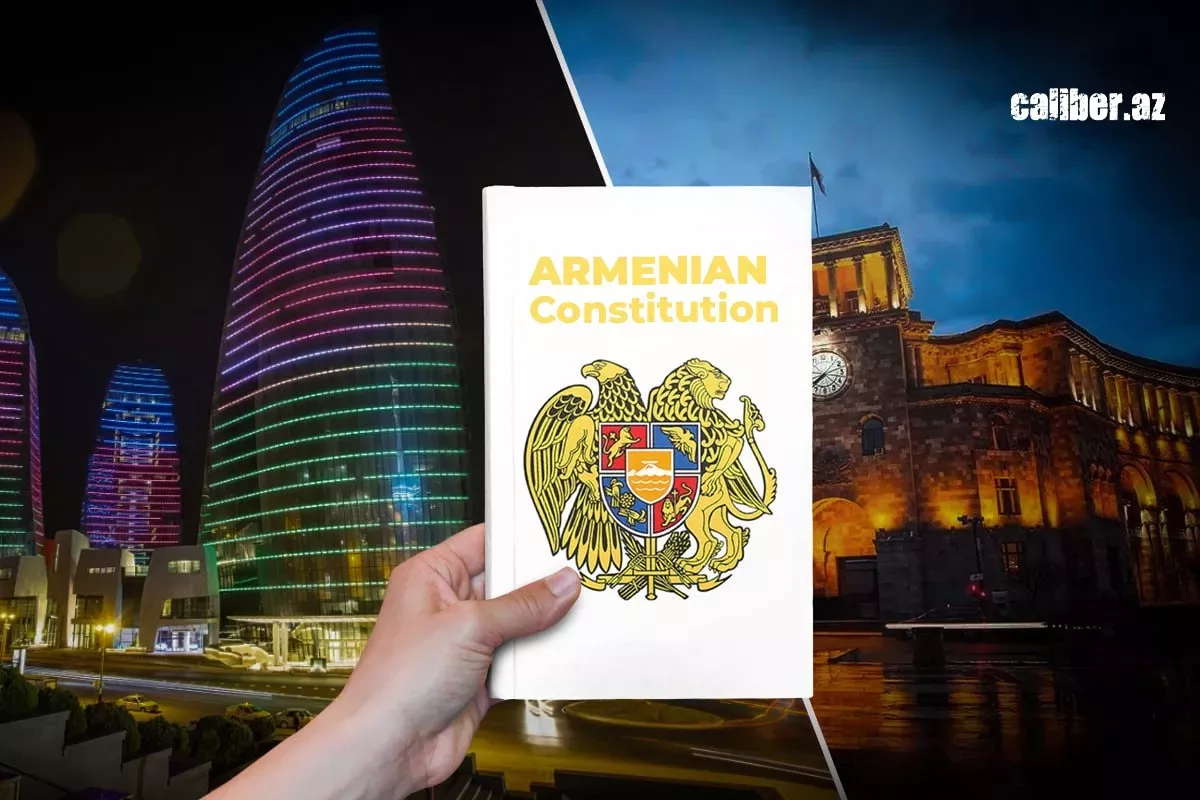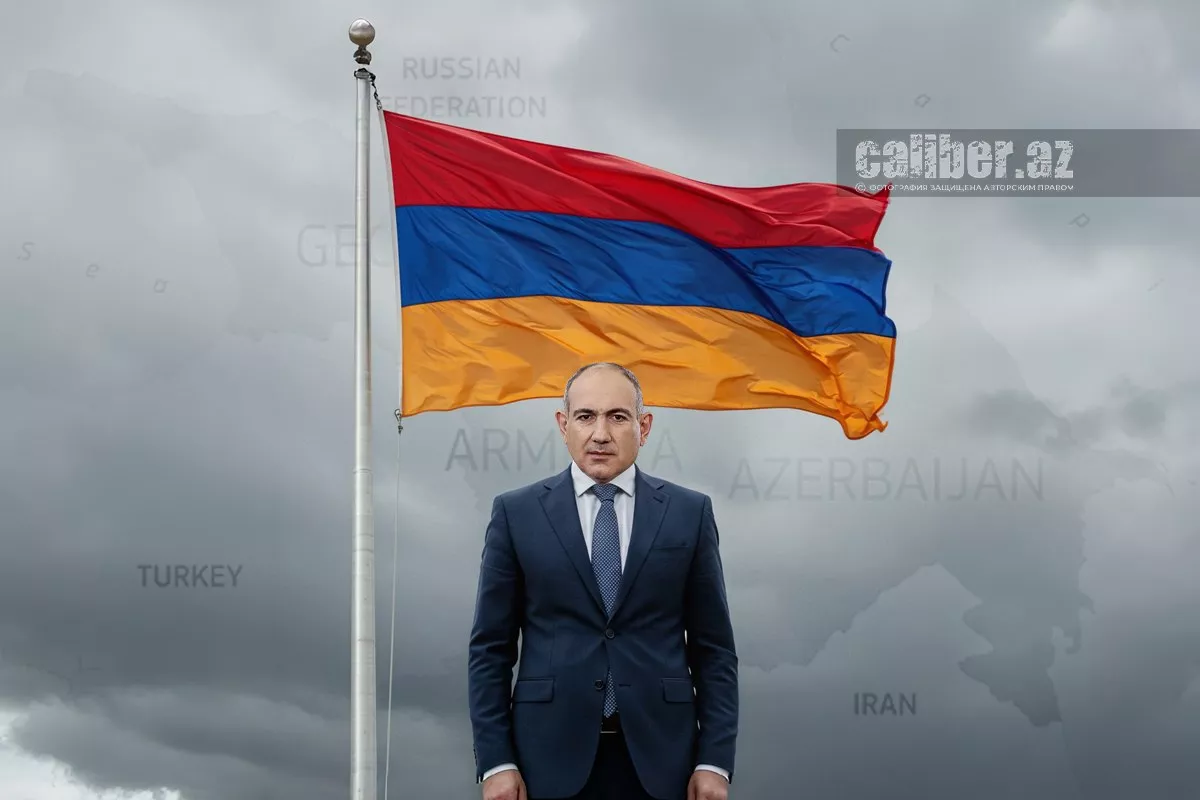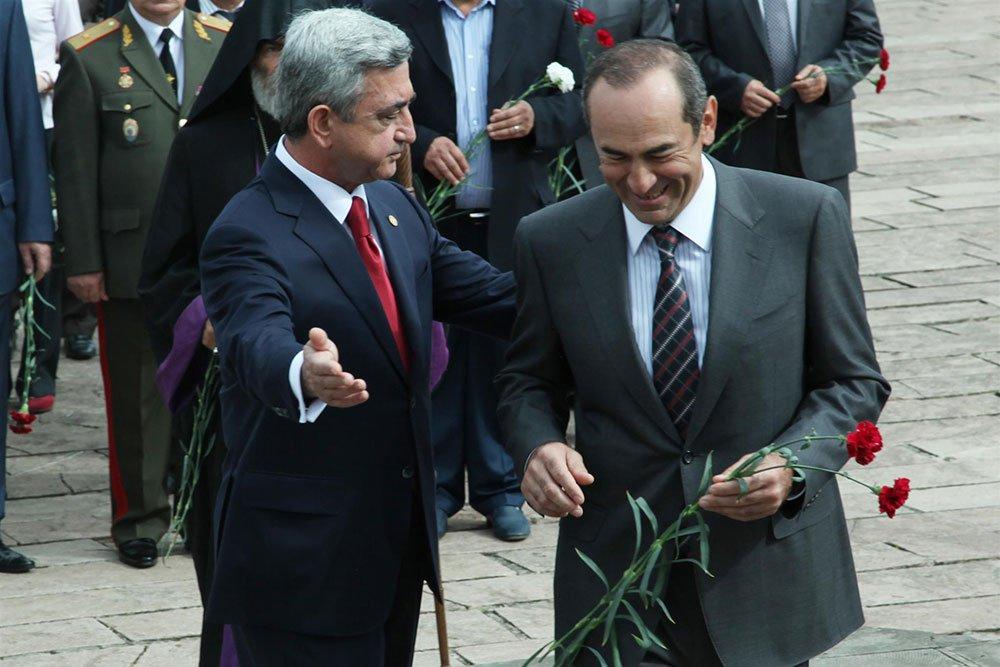Armenia on standby Elections and referendum as a turning point
As is known, in 2026 Armenia is set to hold parliamentary elections, followed by a nationwide referendum proposing the adoption of a new constitution for the country.
Amid genuine progress in Armenian–Azerbaijani normalisation following the historic agreements reached in August 2025 in Washington, Yerevan now needs to take the final step — to meet Baku’s key demand by amending the Constitution and removing any territorial claims against Azerbaijan. This is essential for establishing lasting peace in the South Caucasus. In this context, it is telling that, despite some differences of opinion on the matter, the constitutional issue remains one of the main priorities for Armenia’s current leadership.
Prime Minister Pashinyan’s recent statement reinforces this. “It is important that the referendum on the adoption of the new Constitution take place after the 2026 parliamentary elections. This is an opportunity for all forces to share their views and approaches related to the Constitutional agenda with the people first during the parliamentary election campaign, and already as a result of the elections, the position of the political majority, which will have received the vote of confidence of the people, will be decisive in the formation of the final draft of the Constitution,” he said at a meeting with government officials.

Pashinyan’s remark can be viewed with cautious optimism as a signal that resolving the key issue holding up the peace agreement between Armenia and Azerbaijan remains a priority in Yerevan’s state policy. At the same time, the Armenian leadership is making it clear that it remains committed to the Washington agreements. That is the first point.
Secondly, it appears that Pashinyan’s statement is also directed at Armenian society itself, aimed at securing broad support in the upcoming parliamentary elections — the outcome of which will directly determine whether the constitutional referendum can be held.
It is only natural that the Armenian authorities are encouraging the public to actively participate in the upcoming parliamentary elections and the referendum, especially given that the majority of civil society does, in fact, support the current government’s policies. This, in turn, allows Pashinyan to make optimistic statements on various international platforms regarding the prospects for establishing lasting peace in the region.

For example, during his speech in Paris, the Armenian leader expressed full confidence that “the citizens of Armenia support the peace agenda.” He stated: “I am confident that the people of Armenia will support what we have achieved so far. Of course, there are various concerns — you know the problems the whole world is facing today, such as disinformation, and so on. Like any democratic country, we feel this as well and are working to overcome it. I have no doubt that Armenian citizens will back the peace agenda and the ongoing peace process.”
On the other hand, the support of the Armenian public allows Pashinyan to firmly confront opponents of peace between Azerbaijan and Armenia, as evidenced by his consistent sharp remarks directed at Armenian revanchists of all stripes.
Last week, at a briefing, he stated that “all members of the political elite from the previous period, who led Armenia into a trap and kept it there, will be pushed out of politics as a result of the 2026 parliamentary elections.”
Furthermore, during a parliamentary discussion of the draft law on the “State Budget for 2026,” the Armenian leader described the 2026 parliamentary elections as a good opportunity to rid the National Assembly of “agents of foreign influence and their leaders.”

“Citizens accuse us of continuing to react to Robert Kocharyan, Serzh Sargsyan, and the forces led by them. Sometimes citizens say, ‘It sometimes seems that it is a very convenient place for you to get involved in these conversations in order to avoid discussing real problems that exist, to avoid finding solutions for them.’ Indeed, that mess must be resolved, and the way to resolve it is that parliamentary elections will soon take place [next June], and it must be ensured that the forces led by those individuals are not in parliament. If they are, the same situation will continue,” Pashinyan said.
Such tough statements by the current authorities toward the leaders of the Karabakh clan regarding their removal from Armenia’s political landscape are entirely predictable. After all, these very figures continue to fuel revanchist sentiment in Armenia, doing everything possible to drag the country into a new confrontation with Azerbaijan.
Representatives of the ARF “Dashnaktsutyun” are not far behind them — and Pashinyan spoke quite directly about them as well: “For 70 years, your party has served as an agent of influence for another country around the world… It doesn’t matter which country — the real question is whether we should tolerate a network of foreign influence agents in the parliament of our own country… My answer is no.”
Taken together, these facts show that the Armenian prime minister is unwavering in his determination to resist, by all possible means, the diverse opponents of the region’s peace agenda. In doing so, he emphasises that “for a year and eight months, not a single soldier has died on the Armenian-Azerbaijani border as a result of shootings — a period unprecedented in the history of Armenian independence.” This was his response to Sargsyan and Kocharyan’s claims that the failed negotiations had led to war.
Undoubtedly, this is one of the strongest arguments the current authorities can present against those advocating revanchism and war with Azerbaijan. It also gives hope that Armenian society will make the right choice in the coming year, paving the way for long-awaited peace in the South Caucasus.








